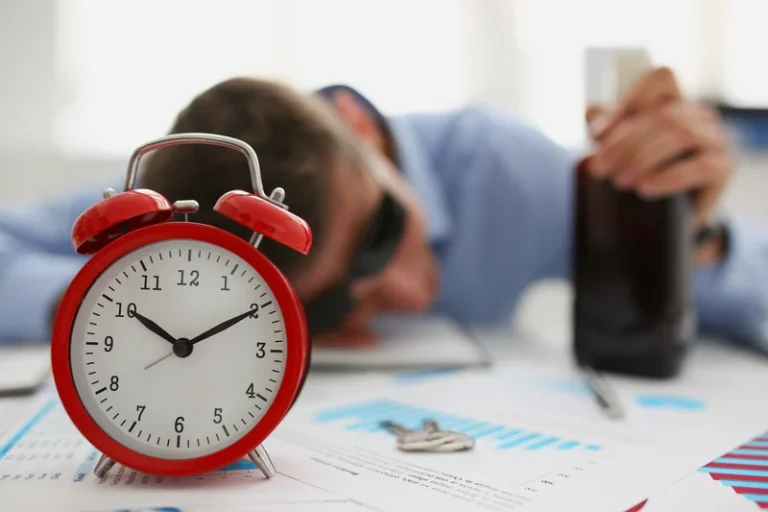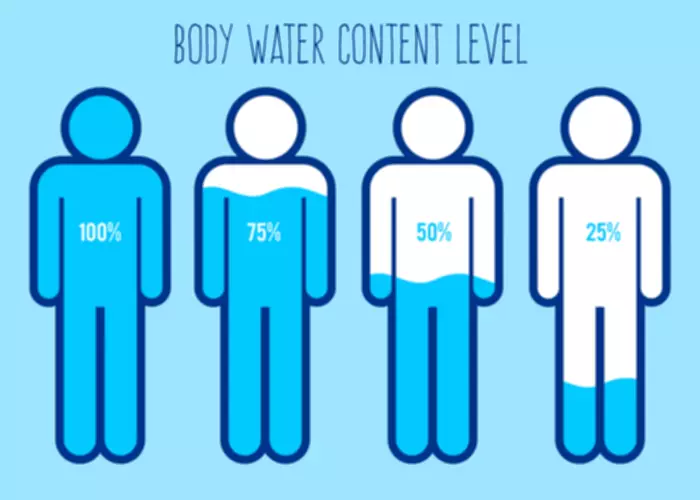
Overcoming AUD is an ongoing process—one that can include setbacks.
- They can work in solo or group practices or in health care centers.
- More often, people try to quit or cut back over time, experience recurrences, learn from them, and then continue on their recovery journey.
- As you begin to notice those health benefits, you’ll likely feel more energized and inspired to keep up your progress.
Care at Mayo Clinic
- It is important that as you try to help your loved one, you also find a way to take care of yourself.
- It is also important to remember that while you can do your best to support them, a relapse may occur and is common.
- At each of AAC’s treatment centers, a caring and compassionate addiction treatment team develops an individualized treatment plan for your loved one based on their needs.
- If you’re thinking about suicide, are worried about a friend or loved one, or would like emotional support, the Lifeline network is available 24/7 across the United States.
Many others substantially reduce their drinking and report fewer alcohol-related problems. Many people struggle with controlling their drinking at some point in their lives. Millions of adults in the United States have alcohol use disorder (AUD), and approximately 1 in 10 children live in a home with a parent who has AUD. Find doctors board certified in addiction medicine. Once you find some programs you’re interested in, be sure to visit Step 2 for questions to ask and answers to listen for.
Types of Treatment
These advances could optimize how treatment decisions are made in the future. See the Frequently Asked Questions for helpful suggestions. https://ecosoberhouse.com/ Also, be sure to look for the other types of treatment providers— alcohol treatment programs and board-certified addiction doctors.
How to Find Quality Alcohol Treatment
Alcoholics Anonymous® (also known as “AA”) and other 12-step programs provide peer support for people quitting or cutting back on their drinking. Combined with treatment led by health care providers, mutual-support groups can offer a valuable added layer of support. If you have no insurance or are underinsured, we will refer you to your state office, which is responsible for state-funded treatment programs. In addition, we can often refer you to facilities that charge on a sliding fee scale or accept Medicare or Medicaid.

Excessive alcohol use is a term used to describe four ways that people drink alcohol that can negatively impact health. Going to treatment can be scary and intimidating. Exploring, in writing, what you find difficult and when you most want to drink can help you notice patterns that offer alcohol addiction help more insight into your alcohol use. You may not need to completely reinvent your life to quit drinking, but making a few changes in your surroundings to help avoid alcohol triggers can make a big difference. Family and friends can provide encouragement and support when you stop drinking.

Choosing an Alcohol Rehab Treatment Program
Alcohol use can have a big effect on the people close to you, so couples or family therapy can help, too. The one that’s right for you depends on your situation and your goals. Many people find that a combination of treatments works best, and you can get them together through a program. Some of these are inpatient or residential programs, where you stay at a treatment center for a while. Others are outpatient programs, where you live at home and go to the center for treatment.
Medical insurance companies may fund this for a certain period. If you have become physically dependent and need to stop drinking completely, stopping overnight could be harmful. Realising you have a problem with alcohol is the first big step to getting help. You can take steps to lower your risk of alcohol-related harms. American Addiction Centers (AAC) is committed to delivering original, truthful, accurate, unbiased, and medically current information. We strive to create content that is clear, concise, and easy to understand.

Sobriety in AA: Since getting sober, I have hope

For serious alcohol use disorder, you may need a stay at a residential treatment facility. Most residential treatment programs include individual and group therapy, support groups, educational lectures, family involvement, and activity therapy. You’re likely to start by seeing your primary health care provider. If your provider suspects that you have a problem with alcohol, you may be referred to a mental health provider. Contact your primary care provider, health insurance plan, local health department, or employee assistance program for information about specialty treatment. Because AUD is a chronic, relapsing disorder, persistence is key.
Online-Only Resources

Setbacks can be common, so you will want to know how they are addressed. For more information on a return to drinking, see An Ongoing Process. Overall, gather as much information as you can about a program or provider before making a decision on treatment. If you know someone who has firsthand knowledge of a program, it may help to ask about their personal experience. Certain medications have been shown to effectively help people stop or reduce their drinking and avoid a return to drinking. Motivational enhancement is conducted over a short period of time to build and strengthen motivation to change drinking behavior.